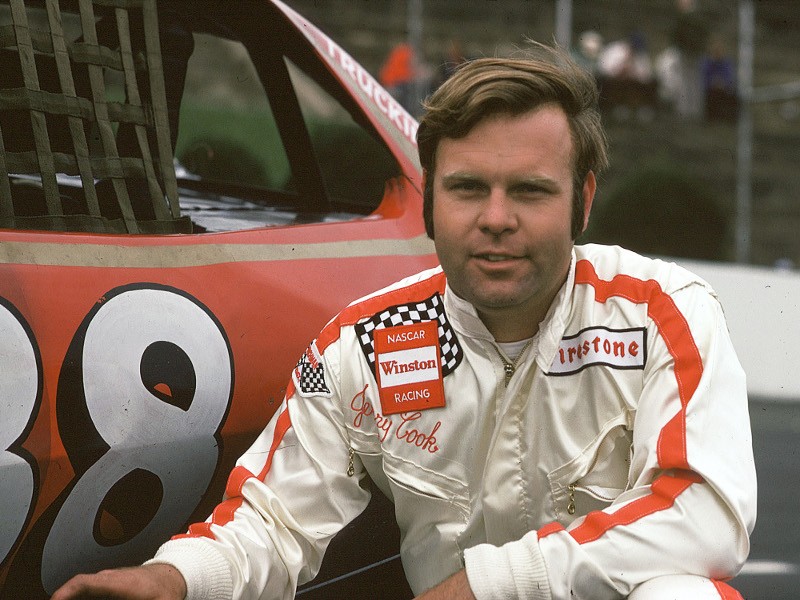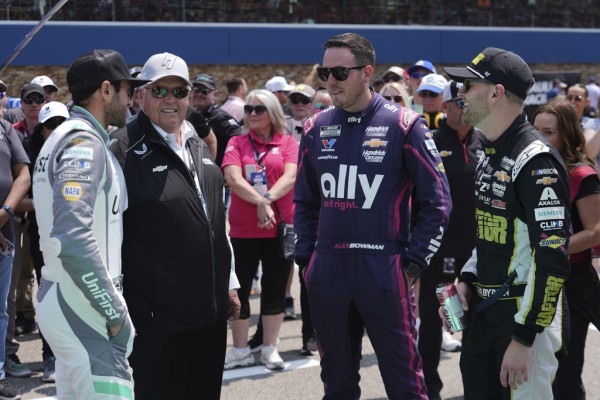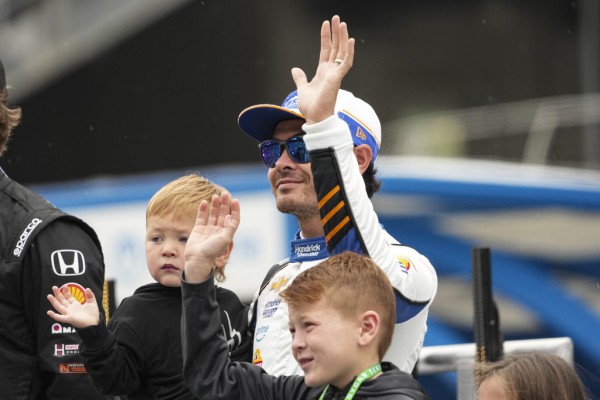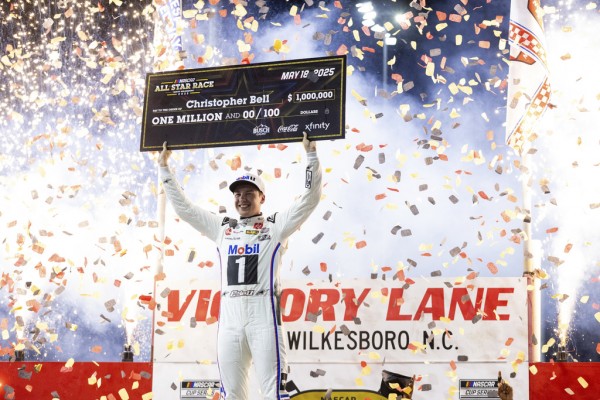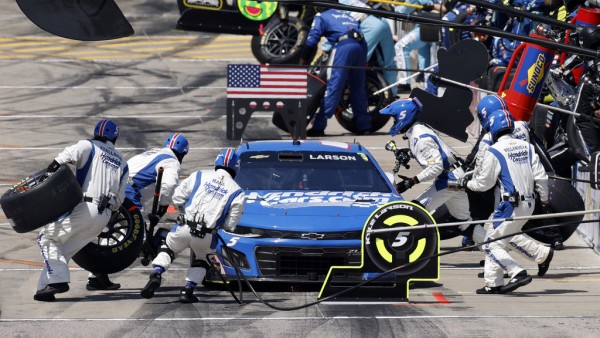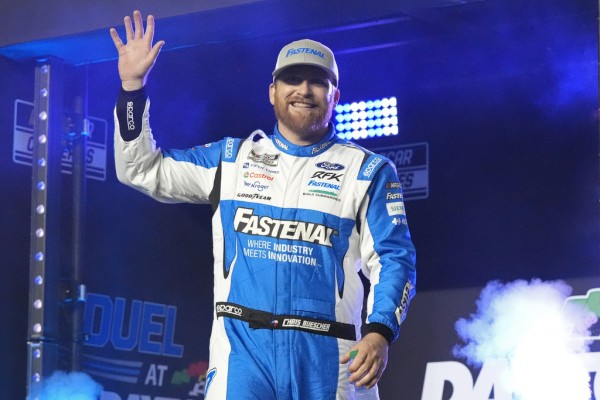Jerry Cook never intended to support his family driving a modified stock car. It kind of snuck up on the young resident of Rome, N.Y.
Cook, who built his first modified at the age of 13, took the wheel by happenstance, when his hired driver wrecked two of the race cars he owned. That was in 1963, well before Cook won his first of six NASCAR modified championships.
But Cook soon discovered he had a knack for winning races – and finishing well enough to cash a decent check when he didn’t.
“Every time I reached into my pocket, it had money in it,” Cook would say later. “So I kept racing.”
And indeed Cook did – all the way into the NASCAR Hall of Fame, into which he’ll be inducted Jan. 22 as part of the Class of 2016 that also includes Bobby Isaac, Terry Labonte, O. Bruton Smith and Curtis Turner.
Cook won modified championships in 1971-72 and 1974-77. Before retiring at the conclusion of the 1982 season, Cook also posted six championship points finishes of second and two of third. He won 342 NASCAR modified races in 1,474 career starts – and countless other non-sanctioned events. Cook finished among the top 10 an amazing 85% of the time.
Cook joins fellow Roman and career-long modified racing rival Richie Evans in the NASCAR Hall of Fame. The late Evans, a nine-time NASCAR modified champion, was inducted in 2012 as the first Hall member whose career wasn’t connected to NASCAR’s premier series. Cook is the second.
“We’ve now finished off the battle of Rome,” said Cook. “For me and Ritchie to both be in the NASCAR Hall of Fame, it kind of tops it off.”
Cook and Evans made upstate New York the epicenter of NASCAR modified racing in the 1960s, ’70s and ’80s. Each driver had his legion of fans – vociferous on behalf of the merits of their favorite charioteer.
Cook and Evans were respectful of each other and friends off the track, yet as different as night and day.
Evans was the flamboyant one, famous for living life to its fullest with rock and roll music as the race shop’s background noise. A writer calling Cook’s home, however, would find the telephone answered by the driver’s wife, Sue, who would refer him to the backyard garage where preparing or repairing Cook’s red cars was quietly taking place.
Ray Evernham, a former modified driver, NASCAR Sprint Cup Series championship crew chief and television analyst had this to say about Cook: “Jerry was not a guy who raced on the edge. Jerry won his share no doubt. But if he didn’t win, he was still going to be in the top five.”
In some years, Cook’s team would run nearly 100 races, at up to 19 tracks of all sizes, shapes and surfaces from New England to Virginia.
Some of Cook’s signature wins took place outside New York and New England. Cook’s first major victory was the 1969 Dogwood 500 at Martinsville Speedway in Virginia. He won a trio of 200-lap races at the tough, Bowman-Gray Stadium quarter mile in Winston-Salem, North Carolina between 1977 and 1980.
The closest Cook came to the NASCAR premier series was a Daytona 500 qualifying race in 1973. His car’s engine blew seven laps from the end. Cook, with a wife and two children, took a look at what non-factory-supported drivers were winning and decided to stay in the modifieds.
“So that’s why I stuck with what I did best,” he said.
Cook retired after winning the Spencer Speedway championship in New York in 1982. For more than 30 years he was a key member of NASCAR’s competition department and was instrumental in the formation of the current NASCAR Whelen Modified Tour and NASCAR K&N Pro Series East.
Cook, 72, was named one of NASCAR’s 50 greatest drivers in 1998. He is a member of the International Motorsports Hall of Fame, National Motorsports Press Association Hall of Fame and New York Stock Car Hall of Fame.


